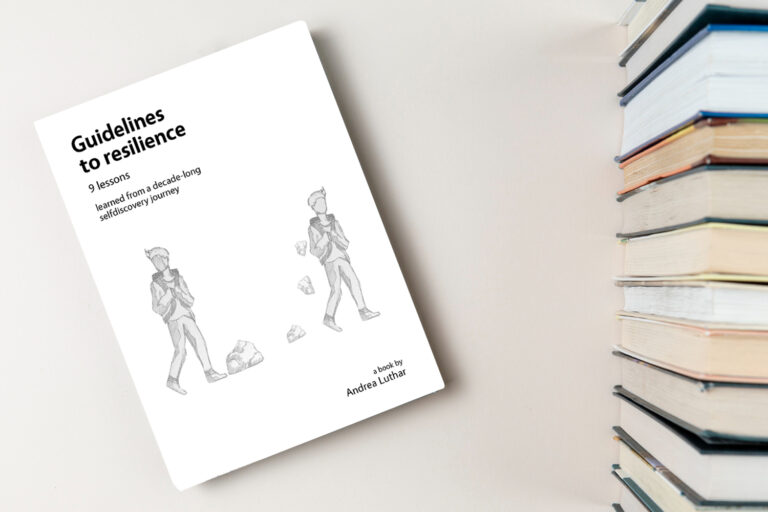Guidelines to resilience
9 lessons
learned from a decade-long self-discovery journey that helped me to free my life from bondages, resentment & guilt
Price: NZD 9.00

Payment via bank transfer, available in multiple currencies.
Price in further currencies:
AUD
$ 9.00
EUR
€ 9.00
GBP
£ 5.00
HUF
3000,- Ft
Just fill in the form below and click Submit.
The payment instructions with the bank account details will be sent to you by e-mail. Please check your spam folder too.
Buy here
Once the payment arrived to our bank account, the e-book will be sent to you by e-mail. This can take a few days. Thank you for your understanding.
The purchased copy of the book is for the owner’s personal use only and not for printing, distribution, sale or reproduction.
If none of the above payment methods suits you, please contact us here!
